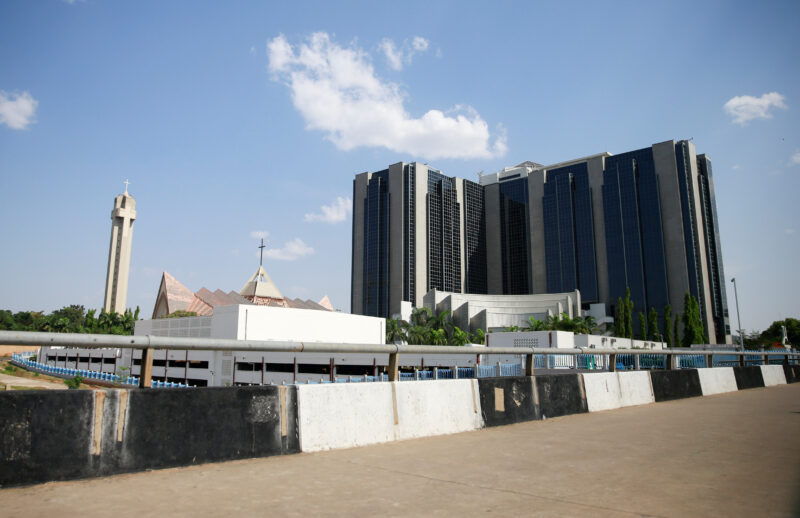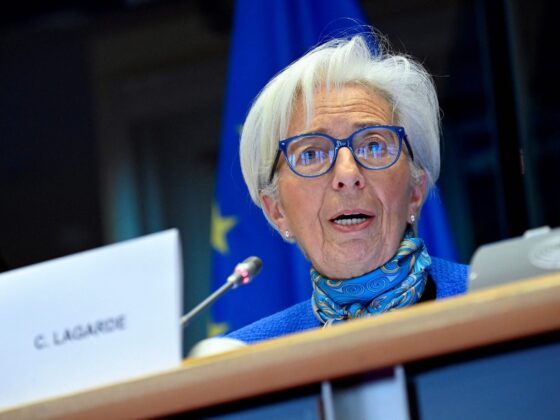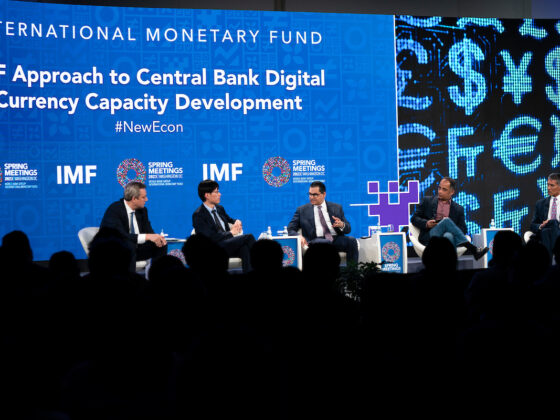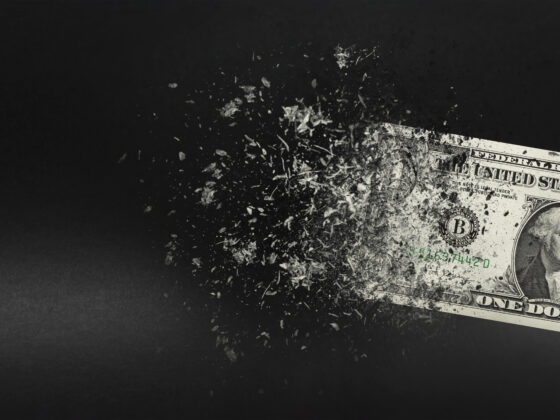As readers know, Nigeria is the world’s first largish economy to launch a nationwide central bank digital currency, the so-called eNaira. So far, it has been a complete flop. One year in, just 0.5% of Nigerians had downloaded the eNaira app. Of those, only 8% were actually using it, according to the IMF’s 2022 staff report. So, the government and central bank doubled down on their strategy. In October, they unveiled plans to replace all high-denomination cash bills in the economy as well as restrict cash withdrawals. That, too, has been an unmitigated disaster.
This week, the Central Bank of Nigeria (CBN) finally postponed its demonetisation program, more than a week after the country’s Supreme Court ruled the program unconstitutional and more than a month after the Supreme Court called for it to be postponed due to the amount of chaos and hardship it was causing. In an editorial last Saturday, the online newspaper Premium Times called for the arrest of prosecution of CBN’s Governor Godwin Emefiele, arguing that the cash withdrawal limit imposed by the central bank is an infringement on the rights of the people.
“[M]ost have had to live with a frightening range of infringements since the banknotes swap policy came into effect,” the newspaper stated. “These have ranged from the economic (loss of earnings platforms across the economy’s informal sector), through the emotional (having to beg for cash from friends, family, neighbours and strangers to meet basic needs) to the conceptual (just struggling to make sense of the policy’s design, implementation and expected outcomes).”
Nigeria’s outgoing President Muhammadu Buhari is still yet to comment publicly on the Supreme Court’s ruling, prompting a stinging rebuke from the Nigerian Bar Association. The association’s president said in a statement this week:
“This is the greatest test or challenge to our constitutional democracy and the Executive cannot afford to disregard the ORDERS of the Supreme Court made for the benefit of the people that elected it to power. I therefore, on behalf of all Nigerians, call on the President to immediately direct compliance with the terms of the orders made by the Supreme Court in its judgement delivered on 3 March 2023″.
Unnecessary Hardship
The CBN began calling in old 200-, 500- and 1,000-naira notes in mid-December in a bid to mop up excess cash, rein in inflation, combat rising insecurity, curb vote buying and further “entrench” a cashless economy. But the central bank failed to print nearly enough new high-denomination notes to replace the old ones, leading to an acute shortage of cash in a still heavily cash-based economy. The result has been unnecessary hardship for millions of Nigerian citizens, countless business closures and significant all-round damage to the country’s already weak economy.
Nigeria’s nominal GDP could decline by as much as 7.6% in the first quarter, according to KPMG Nigeria Chief Economist Yemi Kale, the nation’s former statistician-general. Last Sunday (March 12), the Center for the Promotion of Private Enterprise [CPPE] said the cash shortages have not only stalled economic activity in the country but have become a major risk to the livelihoods of Nigerians:
“Nigerians have not been this traumatized in recent history. The economy is gradually grinding to a halt because of the collapse of payment systems across all platforms. Digital platforms are performing sub-optimally because of congestion; physical cash is unavailable because the CBN has sucked away over 70 per cent of cash in the economy and the expected relief from the supreme court judgement has not materialized.”
On Monday, Nigeria’s central bank finally deferred to the Supreme Court ruling extending the deadline to exchange the old currency for the redesigned notes until Dec 31, 2023. This may give the central bank a little time to repair some of the immense damage it has done to its own reputation. Even many of the stakeholders who stand to benefit most from the CBN’s cashless drive were left distinctly unimpressed by the cash-swap program. For example, the Fintech Association of Nigeria said:
- “The drive for a cashless economy at all costs by the CBN is strategic. However, the execution and results have been described by many pundits as suicidal.”
- “The cash swap is being driven on steroids. This may be perceived to signal insensitivity and a lack of consideration of key stakeholders by the apex bank.”
- “A cashless policy should bring about greater ease and convenience of payments, but it is the opposite effect materializing in Nigeria today.”
Another impressive failing: one of the main reasons cited by the CBN for demonetising Nigeria was to bring inflation under control. Yet somehow the official inflation rate rose slightly in February to 21.91%, its highest level since 2005, even as the volume of money in circulation plunged. The naira’s official exchange rate with the dollar has also continued its long-term downward trend since the program was launched in December.
Read the rest here:














